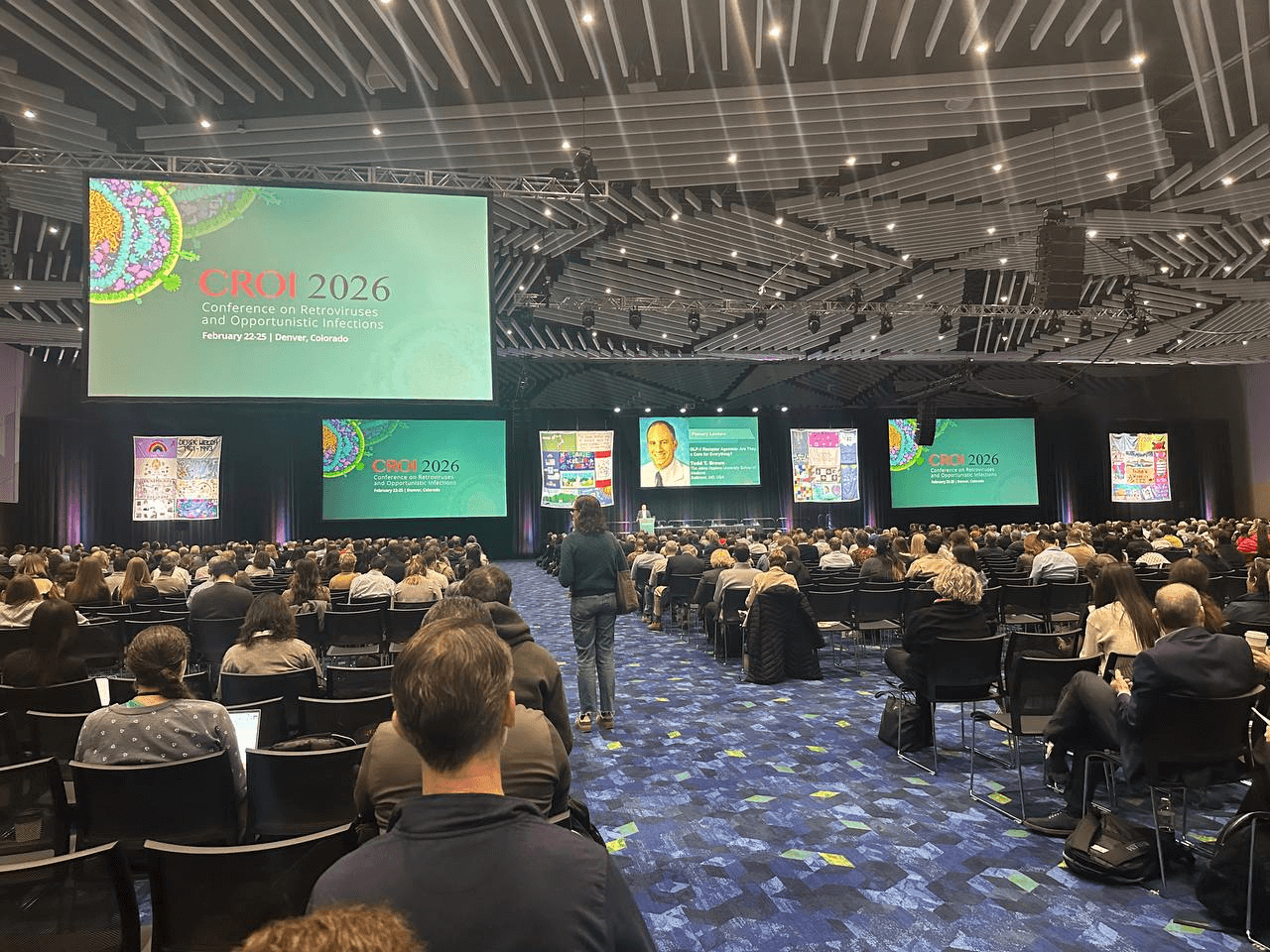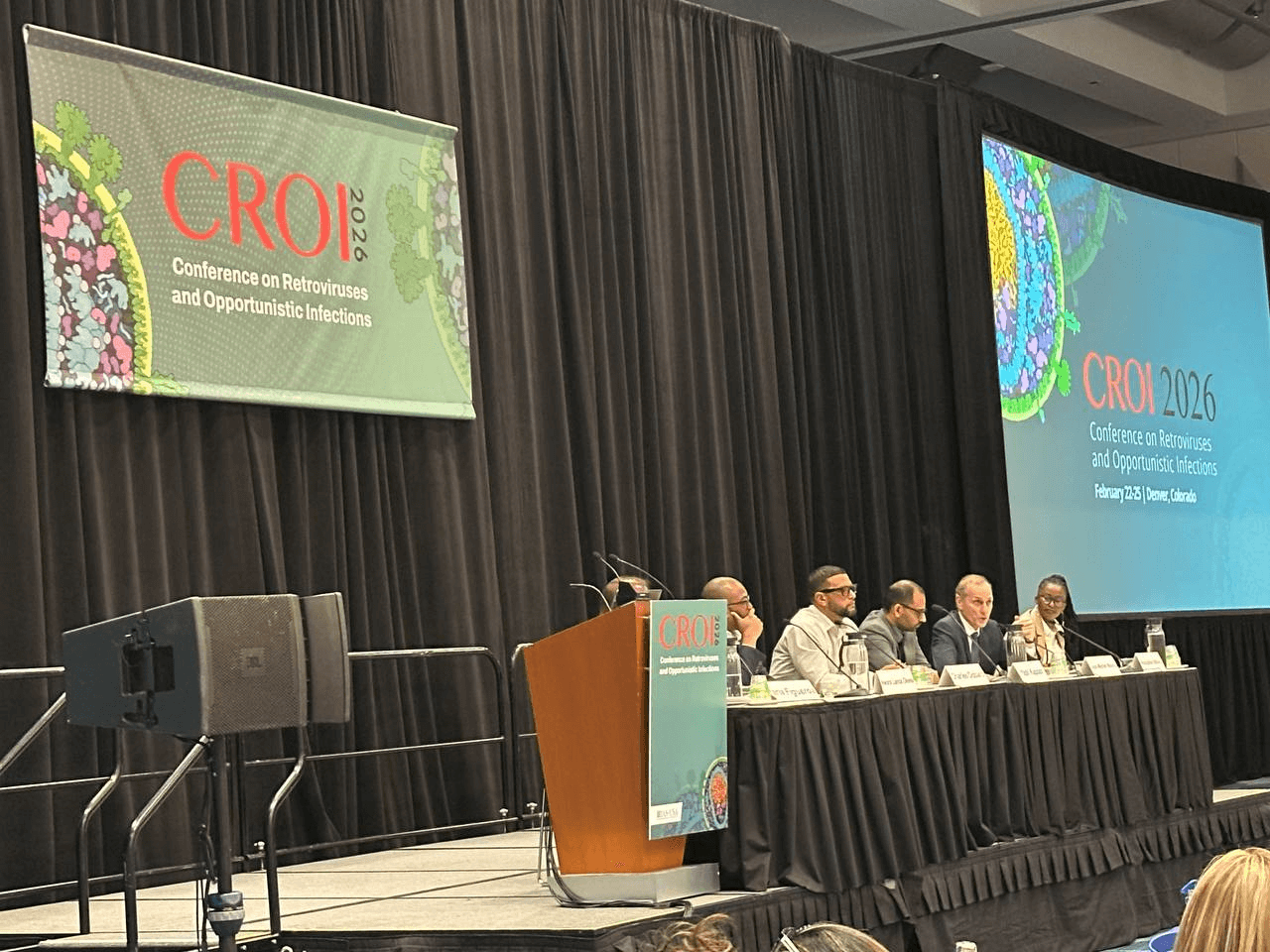Nanotechnology based gene editing to eradicate HIV brain reservoir in drug abusers

Scientists are studying new therapies that can eradicate HIV infection and mitigate the damaging effects that opiate drug addiction has on the central nervous system. Drug abuse is a significant risk factor for HIV infection, and in combination, they can have a devastating effect on the brain.
Despite significant advances in antiretroviral therapy, which is used to treat HIV patients, therapy agents are unable to penetrate the blood-brain barrier. In addition, the elimination of HIV from the central nervous system and peripheral reservoirs remains challenging due to the HIV genome's ability to integrate itself into the host genome.
Scientists have combined gene editing strategy with magneto-electro nanoparticles as externally field controlled drug carriers. Such nanoparticles are non-invasive and fast-acting, and this newly created multi-disciplinary approach will also introduce unprecedented 3-D diagnostic views and allow clearance of the nanoparticles from the brain to the periphery by reverse external magnetic force once the cargo has been delivered.
«This is the first time that we are sending medicine to the brain that will eliminate latent HIV as well as deliver a morphine antagonist (methylnaltrexone) across the blood-brain barrier in a non-invasive manner to protect neurons from morphine-induced neurodegenerative effects,» says Madhavan Nair, Chair and Associate Dean of the Department of Immunology at the Institute of Neuroimmune Pharmacology at HWCOM.



